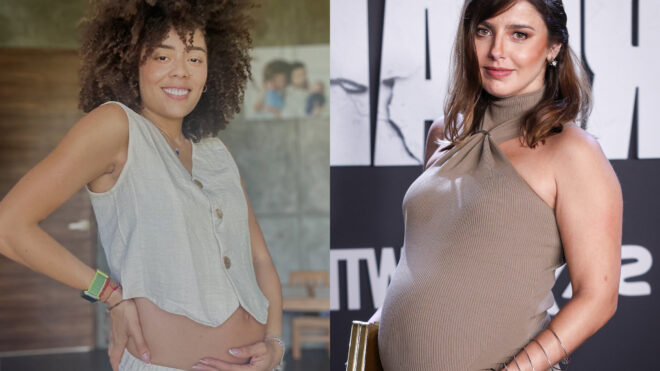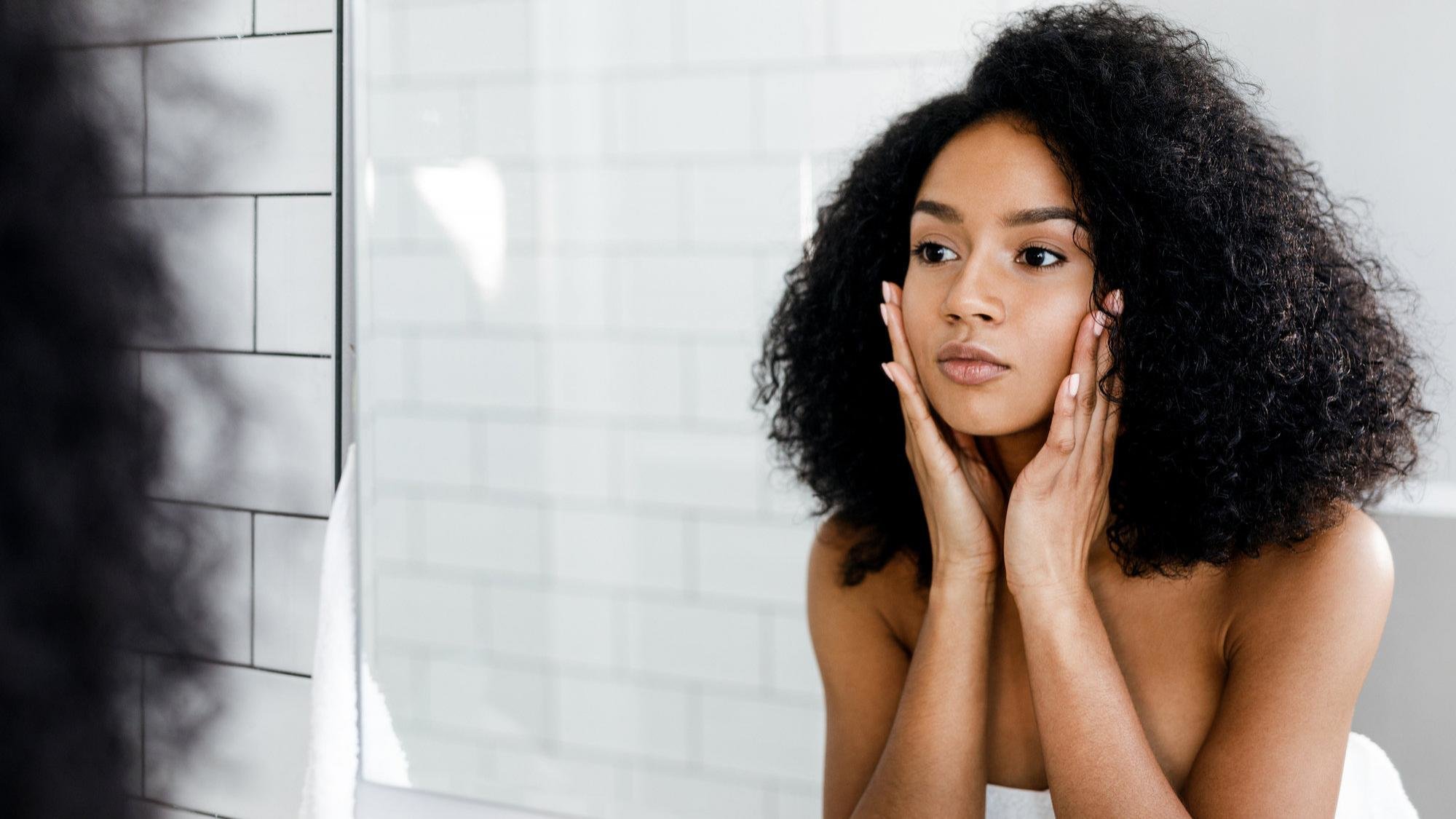
Back in science class a long time ago, you might have heard a teacher say that skin is the human body's largest organ. It's absolutely true, so it's only natural to want to keep it young, fabulous and glowing for as long as you can.
More from MamásLatinas: 26 Times Chiquis Rivera looked flawless without an ounce of makeup
But finding the perfect skin routine might seem like it's as hard as solving a Rubik's cube. We're constantly bombarded with products and conflicting information regarding best skin care practices. It makes it hard to determine things like what's ok to put on your face vs. what's not. That challenge can even get harder for women of color or those who have darker skin tones, since there's less information to rely on when choosing a skin care routine.
That's why it's important to consult with an expert when it seems like you can't figure out your skin on your own. To get you started on your journey towards having your best-looking skin yet, four dermatologists help us sort through the noise and debunk common skin myths that may be doing more to hurt your skin, than help it.
Meet the dermatologists.

Dr. Erum Illyas is a board-certified dermatologist in the Philadelphia area specializing in medical dermatology, cosmetic dermatology and skin cancer treatment. She's also launched her own womenswear brand, Ambernoon, a line of stylish women's clothes made from sun-protected fabrics.
Our other three experts were provided courtesy of Dove. Dr. Alicia Barba is a Miami-based board certified dermatologist with expert knowledge on cosmetic dermatology and skin treatments. As founder of Barba Dermatology and Barba Skin Clinic, Dr. Barba has her own private practice, but she also works with International Dermatology Research as a primary investigator for clinical trials testing new medicines and treatments for FDA approval.
Dr. Rosemarie Ingleton is a board-certified dermatologist and noted leader in treating ethnic skin. She's regularly featured on programs like Good Morning America and The Doctors. Dr. Ingleton is the medical director of her NYC dermatology practice, Ingleton Dermatology.
Dr. Mona Gohara is a partner and board-certified dermatologist at a practice in Danbury, Connecticut. She holds a faculty appointment at Yale University teaching residents and medical students, enjoys educating the public on skin health, skin cancer in people of color and sun protection and has contributed to numerous outlets including Glamour and Teen Vogue.
The darker your skin is, the less sunblock you need to use.
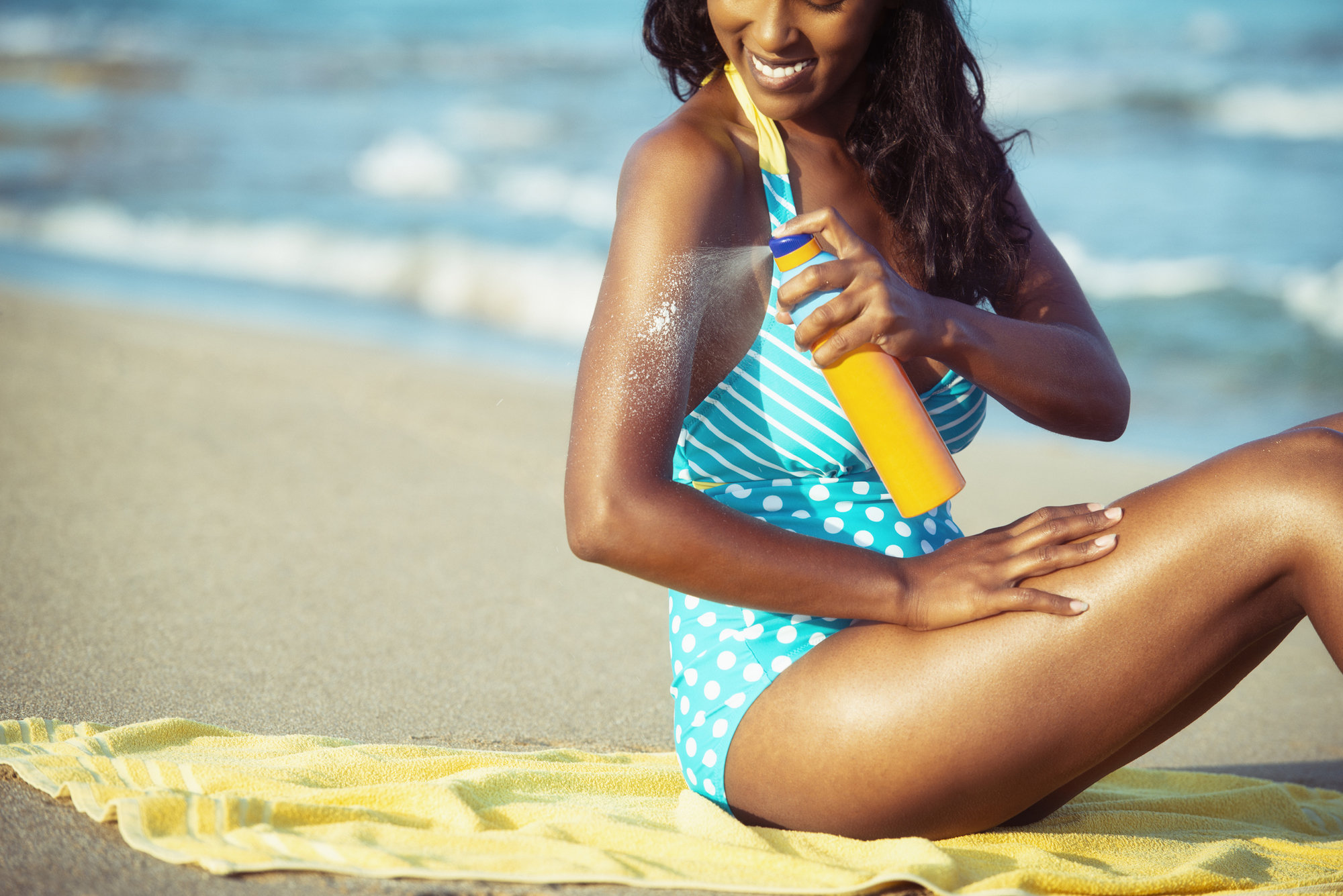
Not true. Dr. Rosemarie Ingleton, a dermatologist who works with Dove and is also known as a "dermatologist to the stars" due to her loyal roster of clients, says there are many skin diseases and skin cancers related to excessive sun exposure that can still affect those with darker skin. "No matter your skin tone, you should always protect your skin from the sun, using sunscreen every season. For those with melasma or dark spots, I suggest avoiding direct contact with the sun, as this can worsen your hyperpigmentation," Dr Ingleton says. She recommends protecting your skin all the time, especially when the sun's rays are at their peak between 10 a.m. and 2 p.m. Steps you can take are staying in the shade or using hats, umbrellas and protective clothing whenever necessary.
People with darker skin can’t get skin cancer.

"It's an absolute myth," says Dr. Erum Ilyas, a Philadelphia-based dermatologist and founder of AmberNoon, a company that makes contemporary clothes with sun-protective fabrics. "The most concerning aspect of this myth is that it is also true that people of color are often diagnosed later with a poorer prognosis because either the patient or their doctor is simply not thinking about skin cancer." No matter what your skin tone, it's important to protect your skin from too much sun exposure to avoid skin damage and disease.
Splashing your face with cold water closes pores.
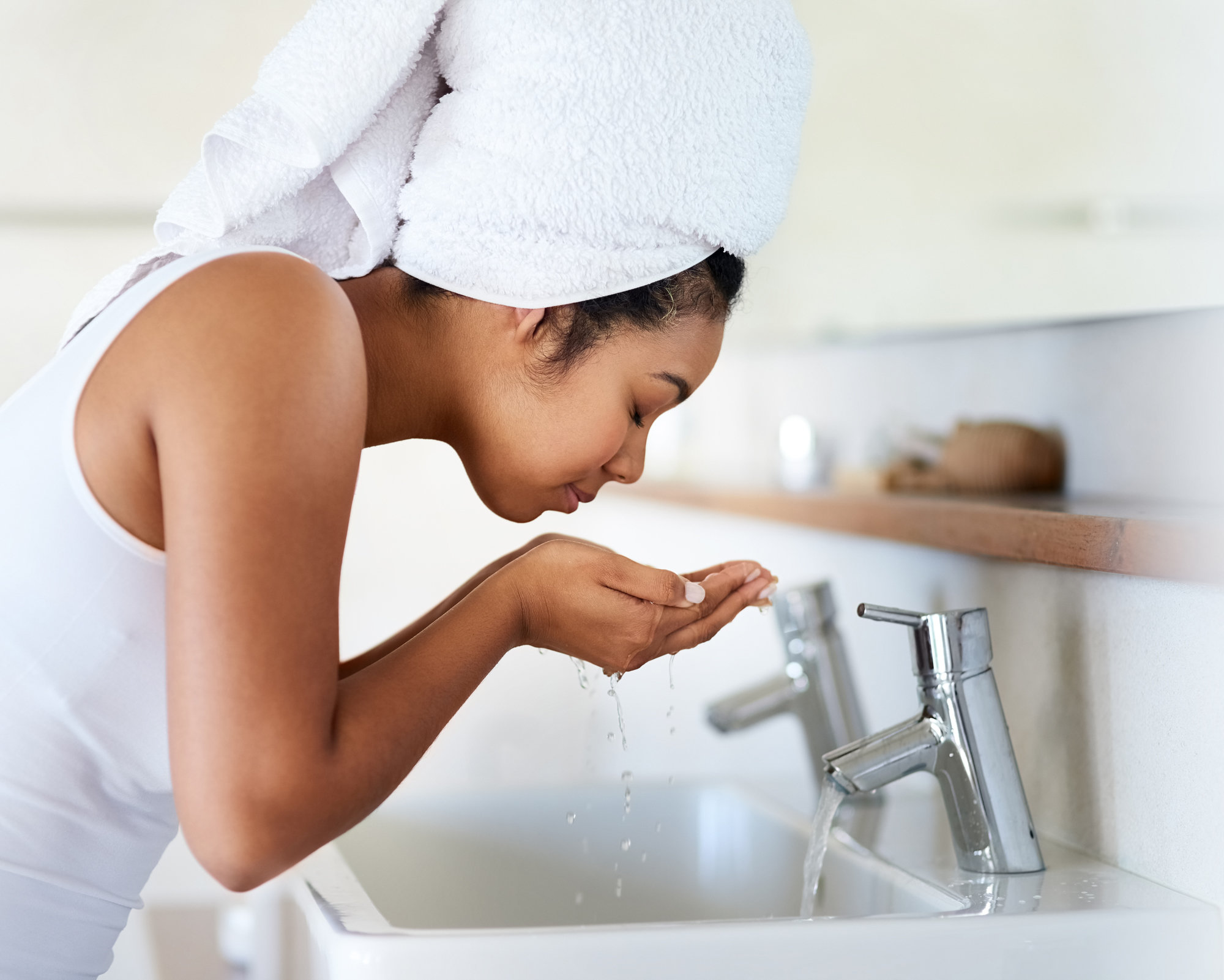
Technically no, says Dr. Ilyas. Our pore size is genetically determined, but they can appear smaller or enlarged depending on how much oil and sebum is in them. When our face flushes because we're too hot, for example, it can make our pores seem enlarged because of the extra fluid on our skin. "This can give our pores a stretched out appearance similar to the skin of an orange. Cold water can bring down the swelling in our skin and make our pores appear smaller again," Dr. Illyas says. The colder water makes the blood vessels constrict.
For great skin, drugstore products won’t do the trick.
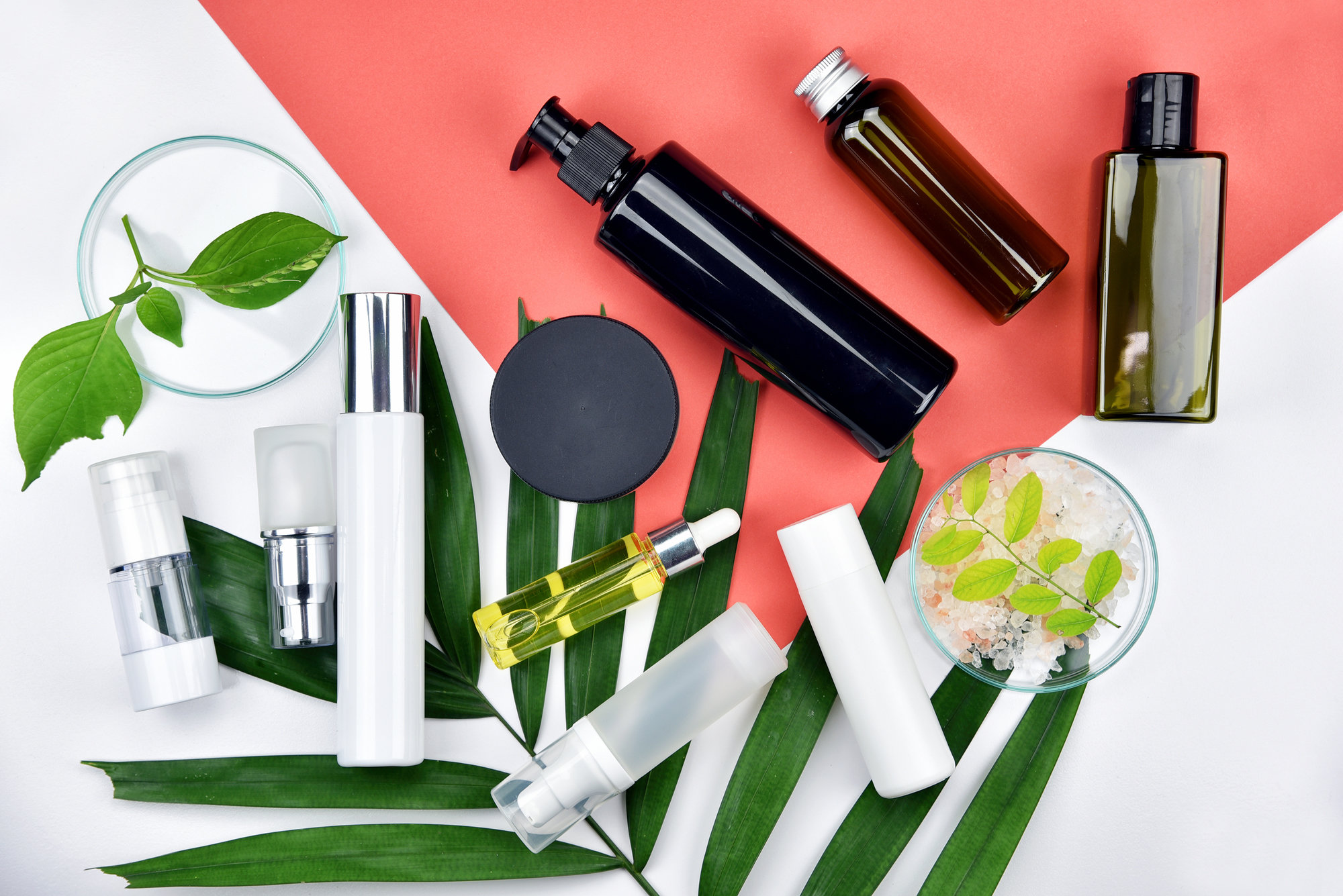
Myth! Dr. Alicia Barba, dermatologist who works with Dove and expert in advanced therapies to beautify the skin, says that's simply not true. "There are "active ingredients" that have been tried and tested and proven to work that do not have to cost a lot of money," Dr. Barba says. Skincare products like sunscreen, anti-perspirants, moisturizers, soaps and cleansers don't have to be expensive. One non-expensive item she recommends is the Dove Shower Foam, a body product that cleanses and hydrates the skin and is less than $6. However, Dr. Barba does advise to spend a little more money for the active ingredients in an under-eye cream, an antioxidant, a facial moisturizer and a collagen-stimulating cream/serum.
Is body wash better than soap (or vice versa) for skincare cleansing?
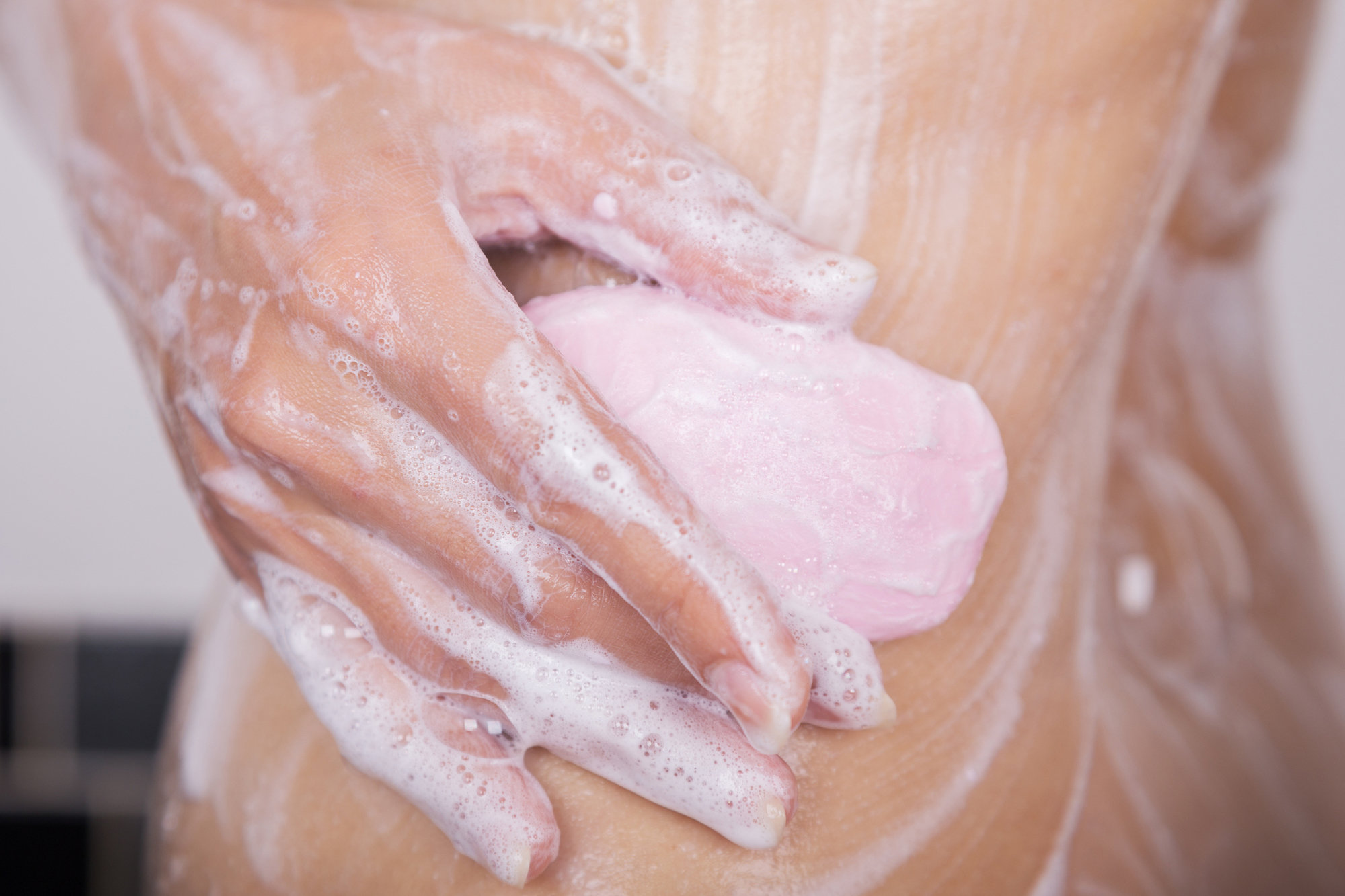
Dr. Mona Gohara, dermatologist who works with Dove and monthly columnist for Currents, the magazine by the American Society of Dermatologic Surgeries, says no to soap. "We never recommend soap because it is a harsh cleanser that can strip the skin of essential lipids and proteins." She recommends the Dove Body Wash and the Dove Beauty Bar, a solid cleansing bar for those that don't like body wash.
Does coconut oil work as a facial moisturizer?
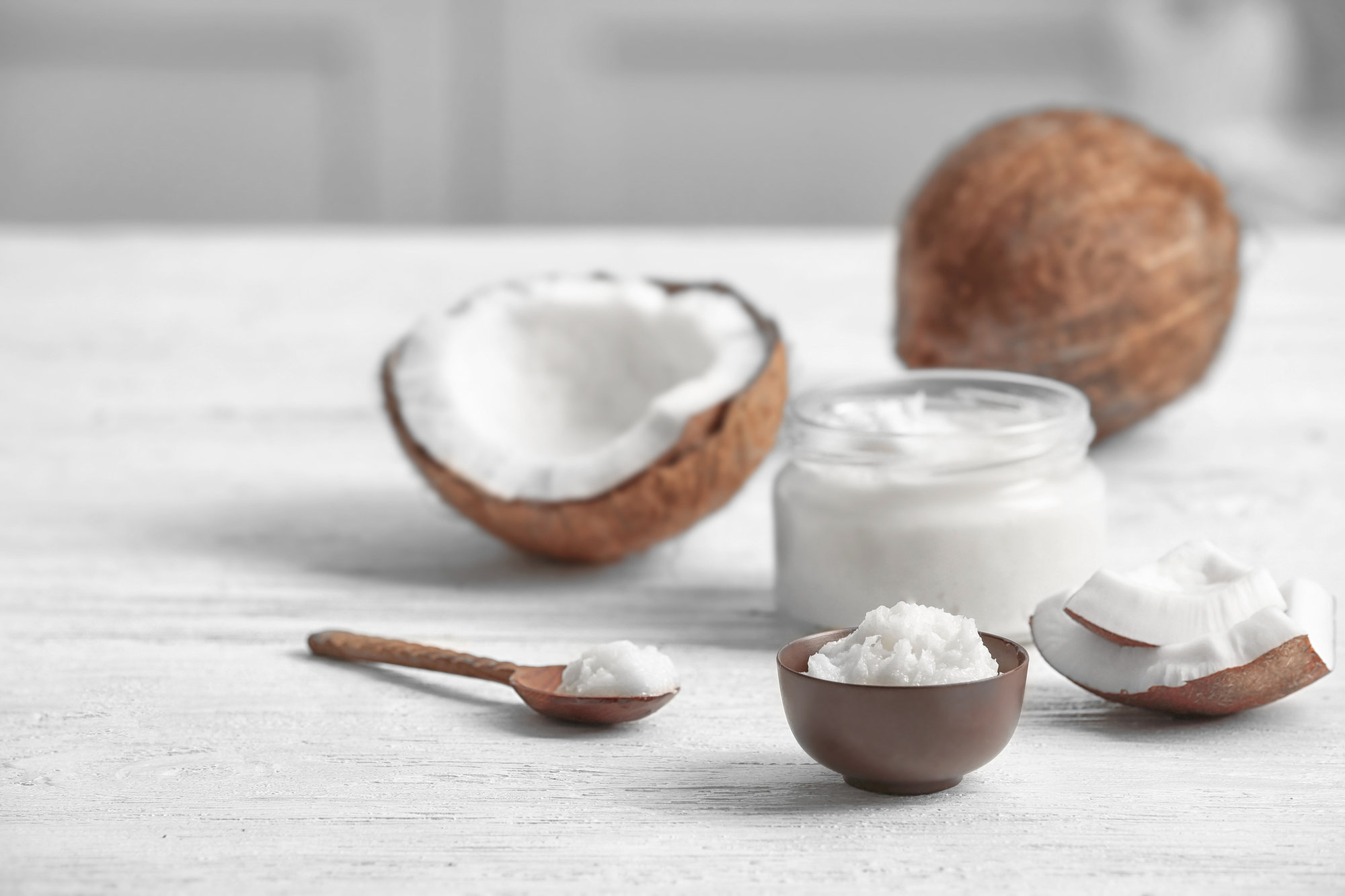
No. Dr. Gohara says she reserves the use of coconut oil to below the neck. Coconut oil can actually block facial pores. Dr. Gohara recommends a good facial routine include exfoliation, daily use of a product with SPF 30 or higher and an antioxidant such as vitamin C. "Everyone should cleanse their face daily and exfoliate at least once a week to liberate the 50 million dead skin cells that we lose every day," Dr. Gohara says.
To keep skin elastic, is it necessary to start using anti-aging products as young as possible?
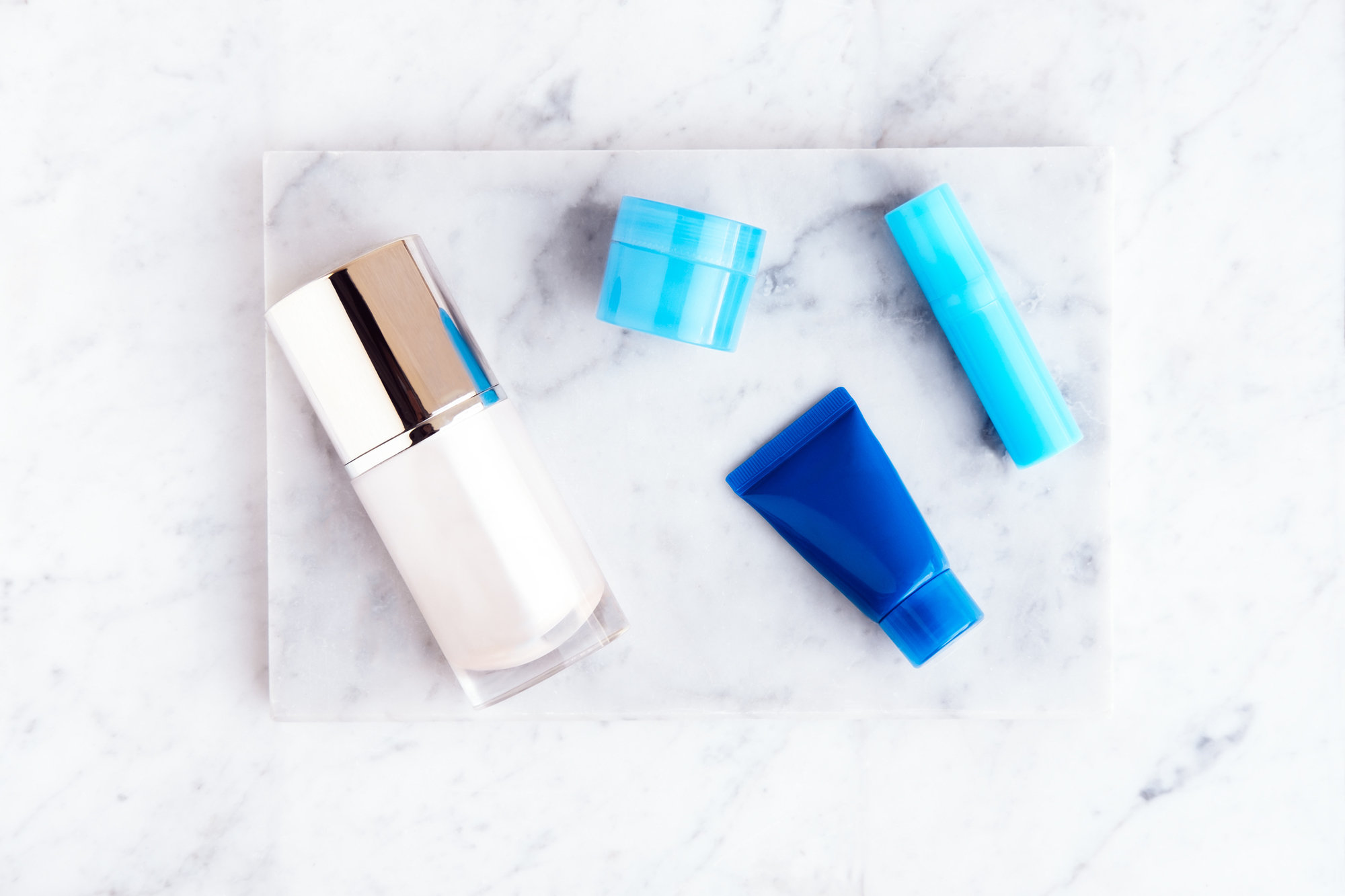
Dr. Barba says that the most important anti-aging product to use is sunscreen. "We should wear daily SPF, rain or shine, no matter your age. Women of color tend to pigment and when we get older this definitely shows by way of sun spots, uneven pigmentation or melasma." She also recommends investing in an eye cream that you can apply morning and night and avoiding fluctuations in weight, since they can affect the face harsher when you're a little older. "After a certain age it looks good to lose weight on your body but not on the face."
Does darker skin need special skincare products?
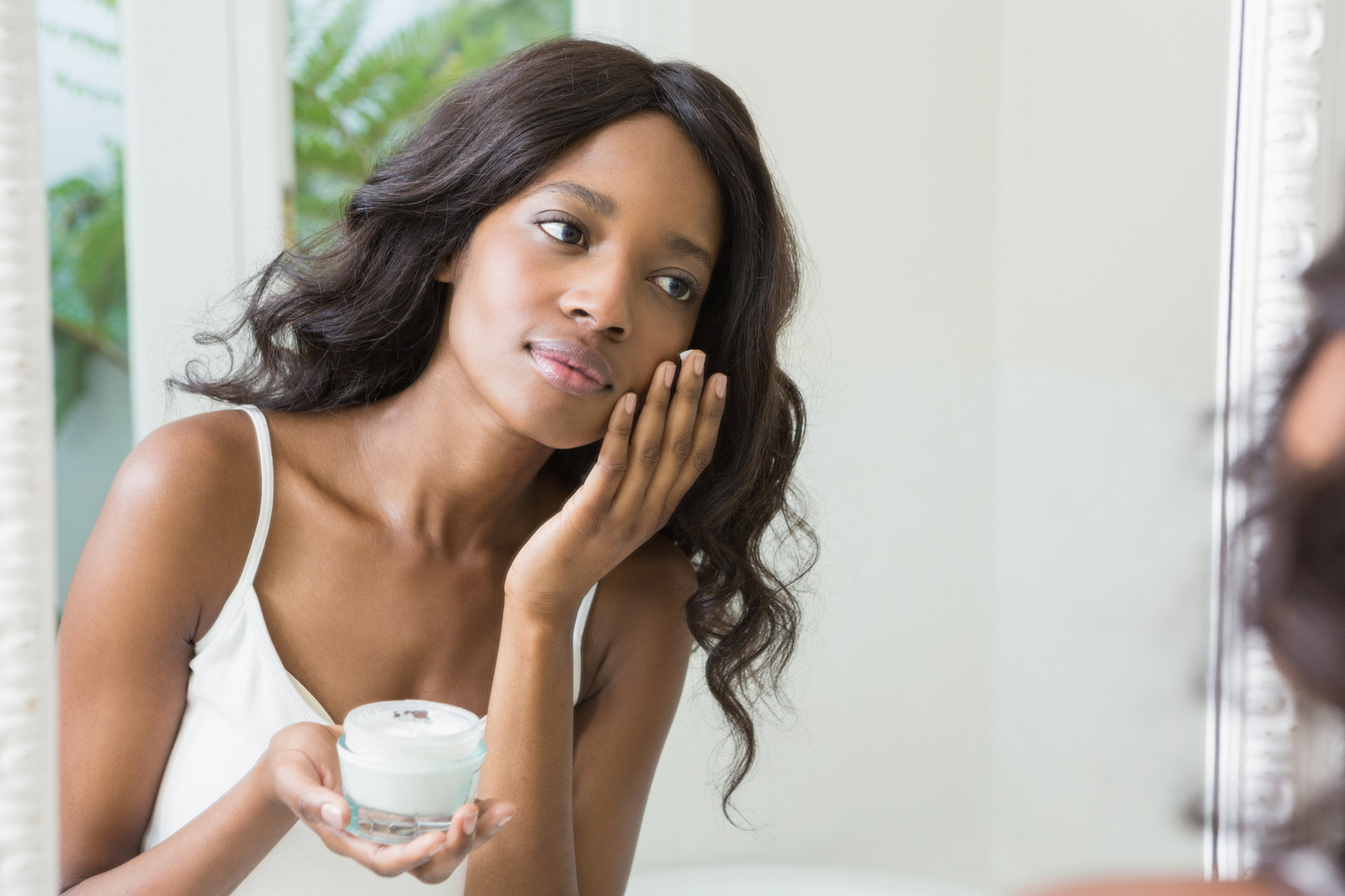
It depends on what your skincare concerns are. Dr. Illyas says that women with darker skin often have different concerns than fair-skinned women when it comes to products. One example is discoloration. Dr. Illyas recommends examining your products more closely, making sure to follow the directions properly. If your skin is more oily or acne-prone, she advises using products that contain benzoyl peroxide, salicylic acid, scrubs or retinols and of course, a non-comedogenic moisturizer. Cracked dry skin can heal with discoloration and you want to avoid that. Dr. Illyas also stresses the importance of sunblock. It will help you achieve a more even skin tone.


